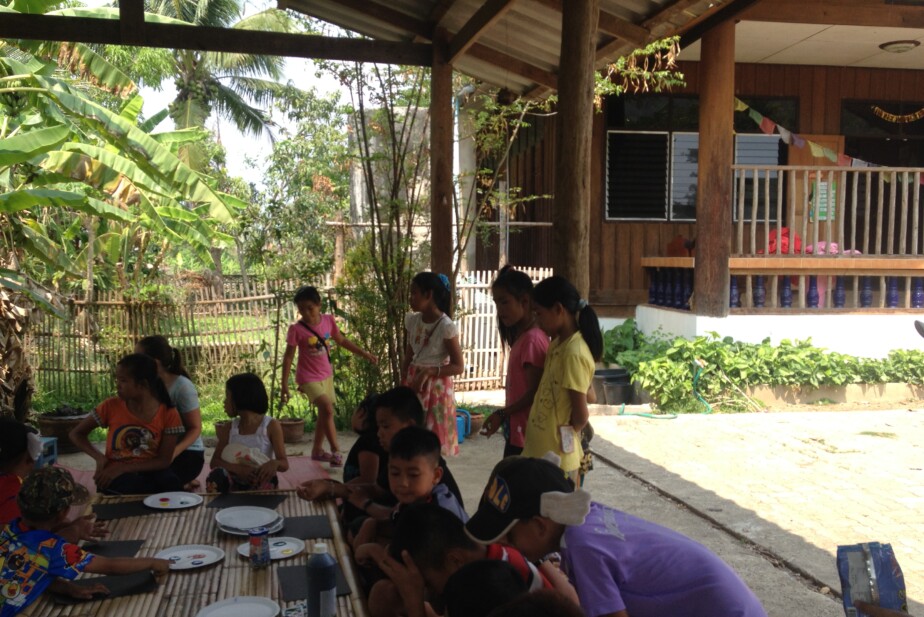
You’ve all seen it. Facebook memes sporting “#firstworldproblems” to poke fun at the trivial complaints and nuances people in the “first world” express. Or to further stress the matter of “first worlders” taking everything for granted. “I hate when the wall outlet is too far from my bed so I have to get up to charge my phone” or “I hate when I tell them no pickles, and they still give me pickles.” The memes also imply, whether intended to or not, that those not raised or residing in the “first world” take much less for granted and appreciate more. But here’s the truth: Whether you were born in a “first,” “second,” or “third” world country, you’re still human. Some things you will like, some things you won’t. Some things you will appreciate, some things you will complain about. We are all humans with opinions, and just because you were placed in a different environment doesn’t take away your ability to have preferences or complaints.
A couple of months ago, I would disagree, arguing that #firstworldproblems are indeed limited to those of the “first world,” and those in the “second” or “third” world would not be complaining about the things we do. They would be eating everything off their plate because they have so little to eat while we are throwing away an excess of food in the US. But no, being abroad, especially in Thailand, has flipped my mentality. The biggest problem I believe lies in the phrase “#firstworldproblems”…in grouping billions of people into a single category, implying that EVERYONE in a “second” or “third” world country would not react the way “firstworlders” do. But actually, if a person doesn’t want pickles because he/she doesn’t like them, then he will complain if he gets pickles, regardless of his/her environment. If a person wants to use his phone in bed but has to get up to charge, he/she will be annoyed having to get up and plug it in the wall, regardless of his/her environment. Why? Because people just like to be lazy sometimes. To illustrate this with a personal example, one day at summer camp during lunch, the students (remember, they are Burmese refugees who are stateless and many of whom live in very poor environments) were constantly complaining about their noodles because they were overcooked. What did they do? They walked over to the grass and emptied their plates. Even though some of them barely can afford to eat, they didn’t eat because they didn’t like it. I won’t deny that in some dire situations and regions of extreme poverty people will eat whatever they can to surivive. But again, we can’t group everybody under a label because everybody’s living situation is different and everybody has his/her own personal preferences.
One thing I have come to realize that we do wrong as a society in the US is feel too sorry for those in “second” or “thrid” world countries because they are “suffering.” But how do we know they’re suffering if we’ve never been there? That’s not the case. The refugees I work with live in tiny houses, some made of wood, and with very low sanitation standards. For me, it was a shock the first time I went to their houses, and you bet I felt so sorry. But never once have I heard a complaint from a student’s mouth about his/her living environment, save problems with family relationships. The kids don’t see themselves as suffering. The just live in an environment they’ve gotten used to and that’s the life they know. If I were them, I wouldn’t want people constantly feeling sorry for me.
“First” world problems really aren’t only “FIRST” world problems.
